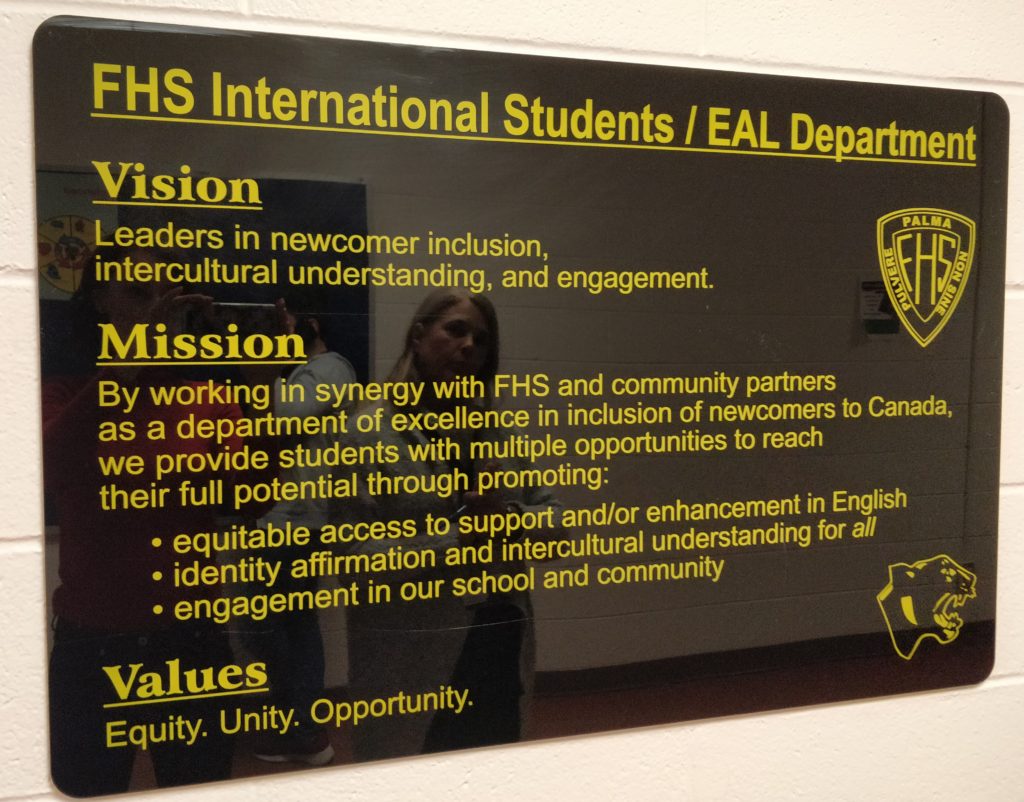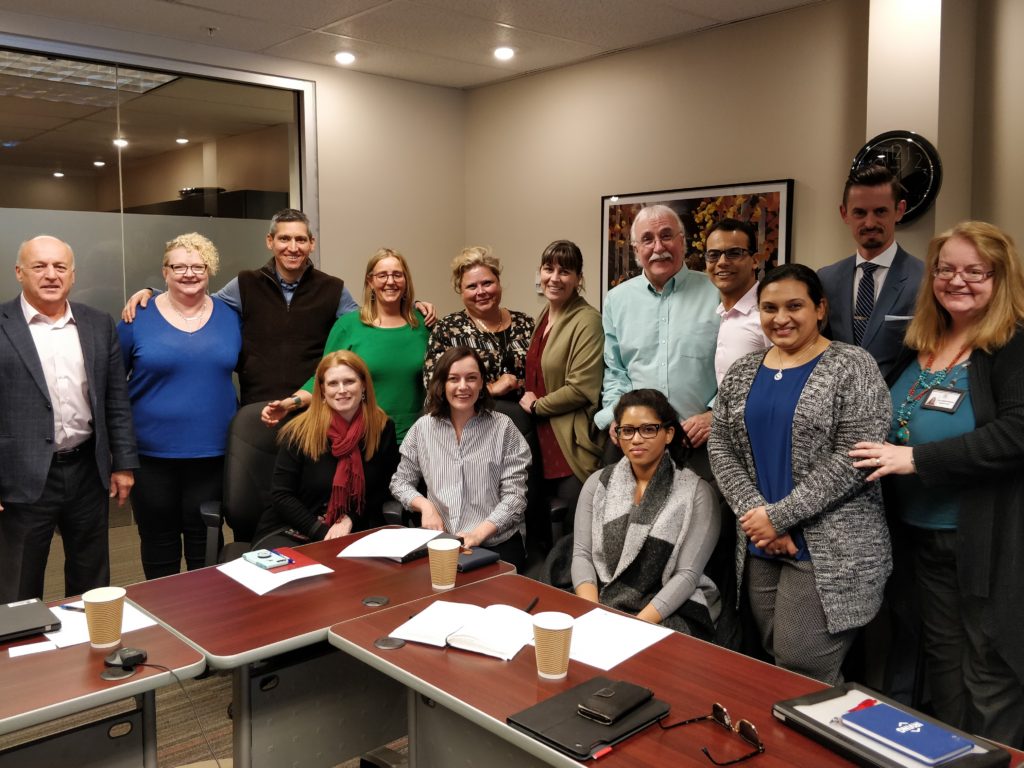New Brunswick holds the title for the province with the fastest declining population in Canada. In 2016, the province’s population dropped to 747,101 from 751,171 in 2011 – a decrease of 0.5% in five years.
This unprecedented demographic shift is down to an ageing population (approximately 20% over 65 years old), the increasing rate of young people leaving for bigger cities and a low birth rate.
New Brunswick is also the poorest province in Canada – currently recording the nation’s lowest median household income.
A sense of foreboding looms heavy in the air, dominating the topic of conversation of the couple next to me in a local café.
People in the capital of Fredericton are worried about very serious things – the health system is struggling to cope under a stretched budget and will continue to heave under the costly strain of servicing an ageing population. Government attempts to address a shrinking tax base by increasing taxes will push vulnerable people further to the margins.
But out of dark times, opportunity and hope often blossoms. And the seeds being sown by New Brunswick are already starting to bud.
When the Syrian war broke out, the province put its hand up to settle an unprecedented number of refugees. In 2015 the first Syrian refugees started to arrive and by 2017 Fredericton claimed a title they are proud of – the city that has settled the largest number of refugees per capita in Canada. 500 refugees arrived in a city of around 55,000 within the space of a year.
Our schools are often the first places to notice the impacts of big community and societal changes. They are also well placed to respond as established and trusted institutions. Sometimes this happens before policy has a chance to catch up. But in Anglophone West School District, which includes 69 schools and 23,000 students, the influx of Syrian refugees became the catalyst for being proactive with a new policy approach.
“We wanted our policy to be best practice and searched long and hard for examples across Canada and overseas” the school district team told me.
Where they landed – a policy of inclusion, which has been adapted by the province and is now at the core of everything the schools do.
Providing inclusive public education means taking a student-centred approach to ensure that each and every student’s experience at school takes into account their individual strengths and needs. It also means being respectful of diversity and removing any barriers to learning – which includes ensuring that educational staff have the knowledge, skills and resources needed to provide effective instruction to a diverse student population.

An example of this is the Newcomer Support Centre. All newcomers who wish to register their children for school in the Greater Fredericton area are first invited into the centre for a one-on-one appointment to answer questions about the Canadian school system and undertake an individualized assessment of their child’s level of English as well as their social history. This enables any required supports to be linked in from early on, but also provides families with a point of connection to other useful services and information to ensure every success for their child’s educational outcomes.
Shifting our way of thinking to centre around inclusion through intentional policy setting can be a powerful means of driving social change.
In the case of the Anglophone West School District, they hope that cultivating a mindset of inclusion that starts with the students, parents and teachers in their schools will help to reinforce broader community acceptance of diversity.

This is but one of a range of intentional measures being taken in Fredericton to grow and retain a new population. I met some of the town’s key champions at a meeting of the Fredericton Newcomer Partnership Council. The Council oversees the Fredericton Local Immigration Partnership (LIP), a local multi-level governance collaboration which aims to create a welcoming and inclusive environment for newcomers. Over the past five years, the LIP has been at the forefront of driving community support for newcomers, establishing a range of working groups to implement initiatives and galvanize whole-of-community efforts. It is coordinated by Ignite Fredericton, the local economic development agency and includes members from a range of sectors including government, business, education, training services, colleges, library and health.
Such planned, coordinated and intentional measures pay off. According to an elected Councillor from the City of Fredericton I spoke with, community attitudes have come a long way in the past 5 years. Acceptance of cultural diversity is now the norm. While some of this has happened spontaneously as more and more newcomers arrive, to a large extent it is the incremental actions aligned across sectors that seem to have made the biggest difference. This has enabled change to come from within.
Syrian refugees are choosing to stay in Fredericton, and they are fetching family members from other parts of Canada to come and join them.
